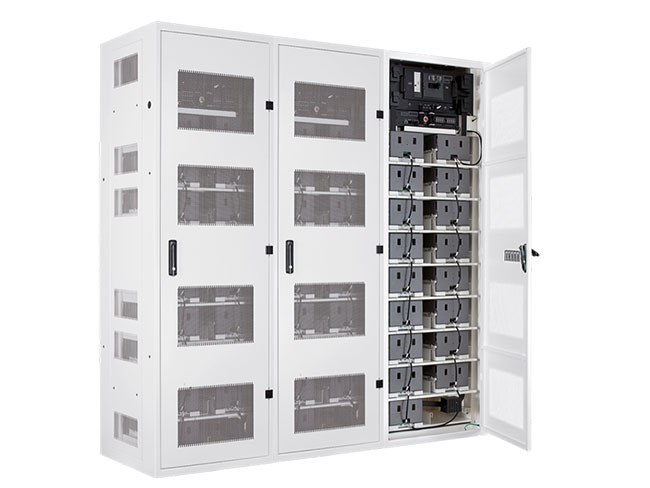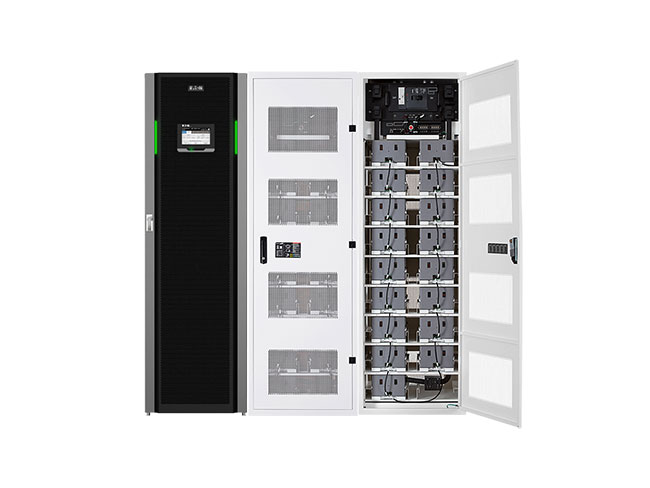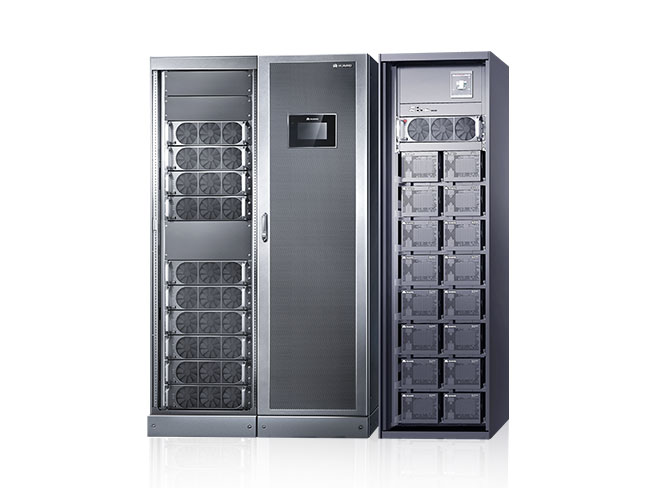Li-Ion Battery 3x Longer Useful Life
Energy storage is a core component in the UPS and hybrid solar system, highly reliable battery technologies are being developed to meet the demanding nature of critical facilities. Lithium Ion batteries are already widely used in our daily life and now it’s mature enough to be deployed in a larger system.






